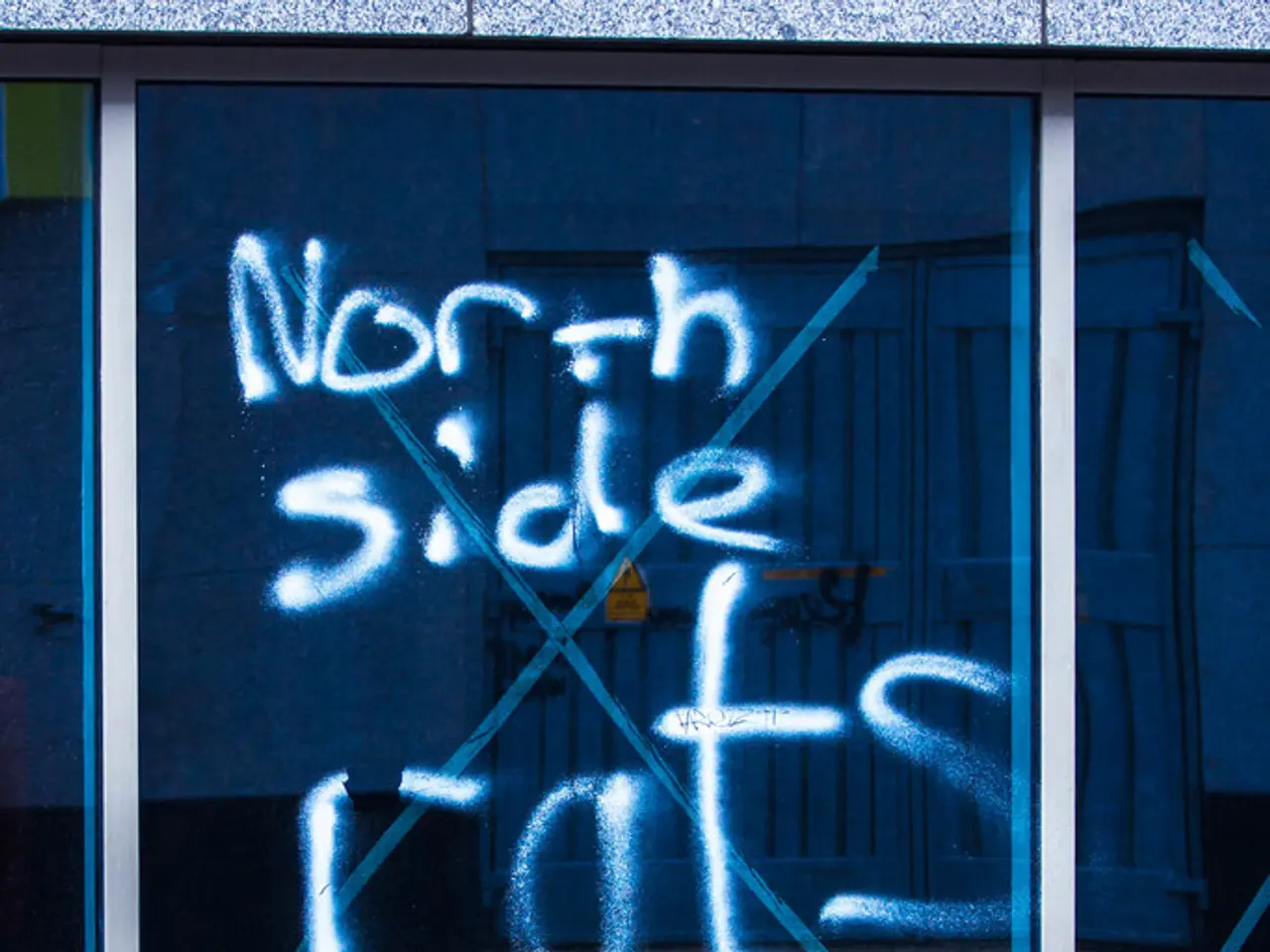Tightening Border Control Measures to be Determined by the Next Nation
In a significant shift in border control policies, Germany and its neighbouring countries have enacted stricter measures to address the issue of illegal immigration and enhance cross-border security.
Following Chancellor Friedrich Merz's announcement and the implementation of tighter border controls by the new German administration, several key measures are now in place.
## Increased Police Presence and Checkpoints
Germany has bolstered its border security by increasing the number of police officers and expanding checkpoints. This move is aimed at reducing the number of incoming refugees and enforcing stricter immigration controls.
## Rejection of Asylum Applications at the Border
The German government plans to reject more asylum applications directly at the border, allowing entry only in exceptional cases such as for unaccompanied minors and pregnant women. However, this approach faces significant legal challenges due to potential conflicts with existing international and European human rights obligations.
## Potential Use of Article 72 of the EU Treaty
In cases where border measures risk breaching EU law, Germany may invoke Article 72 of the EU Treaty, which permits member states to temporarily suspend certain EU regulations in order to safeguard national security. This would effectively declare a national emergency.
## Prolongation and Expansion of Border Checks
Border controls have been repeatedly prolonged beyond their original temporary status. Initially focused on security for events like the European football championship in 2024, they were extended after deadly terrorist attacks and now remain in place at all German borders, especially with Poland, Czechia, and Switzerland, through at least September 2025.
## Coordinated Actions with Neighbouring Countries
In response to both local migration pressures and Germany's tightening controls, Poland will reintroduce temporary border checks with Germany from July 7, 2025. This is part of a broader effort to combat irregular migration and enhance cross-border security.
## Specific Example: Germany–Poland Border
Both Germany and Poland have independently announced temporary border controls. Germany's controls are part of its broader migration crackdown, while Poland is responding to a surge in irregular migration at its eastern border and political pressures at home. These measures affect the principle of free movement within the Schengen area and have sparked debates about the future of the Schengen agreement.
In summary, these developments reflect the prioritization of strict migration enforcement and the potential for ongoing or even permanent border controls under Chancellor Friedrich Merz's administration. The German federal government aims to keep the burden on both sides as low as possible during these border controls, while ensuring that those legitimately seeking asylum in Germany are not denied it.
[1] Source [2] Source [3] Source [4] Source [5] Source
Other countries may follow suit and reinforce their own border security in response to Germany's tougher migration policies. The implications of war-and-conflicts in neighboring regions could exacerbate the migratory pressures and necessitate further policy-and-legislation changes regarding immigration.
General news outlets and political analysts are closely monitoring the impact of these border measures on the principle of free movement within the Schengen area and its possible repercussions for future cross-border security and cooperation.
In light of the potential legal challenges associated with increased border controls, international agreements and policy-and-legislation may need to be amended to better address the contemporary migration landscape, taking into account the complexities of war-and-conflicts and shifting political priorities.






